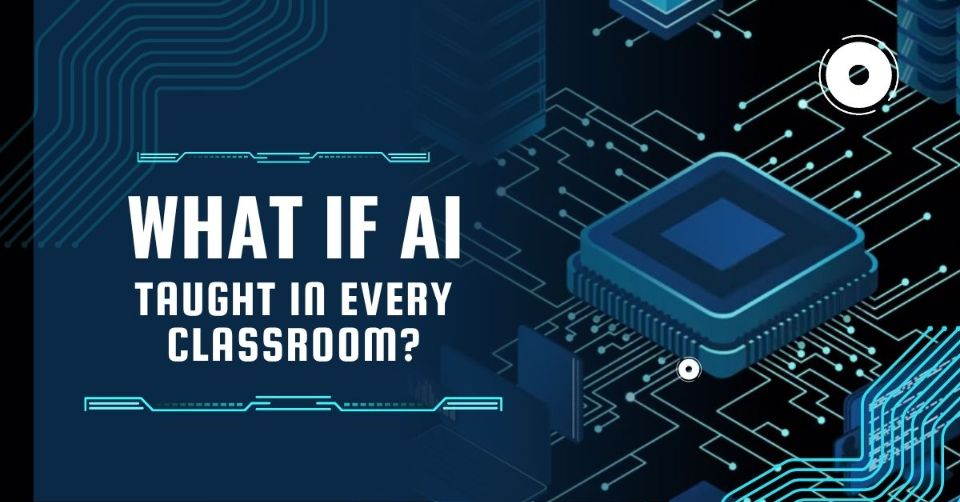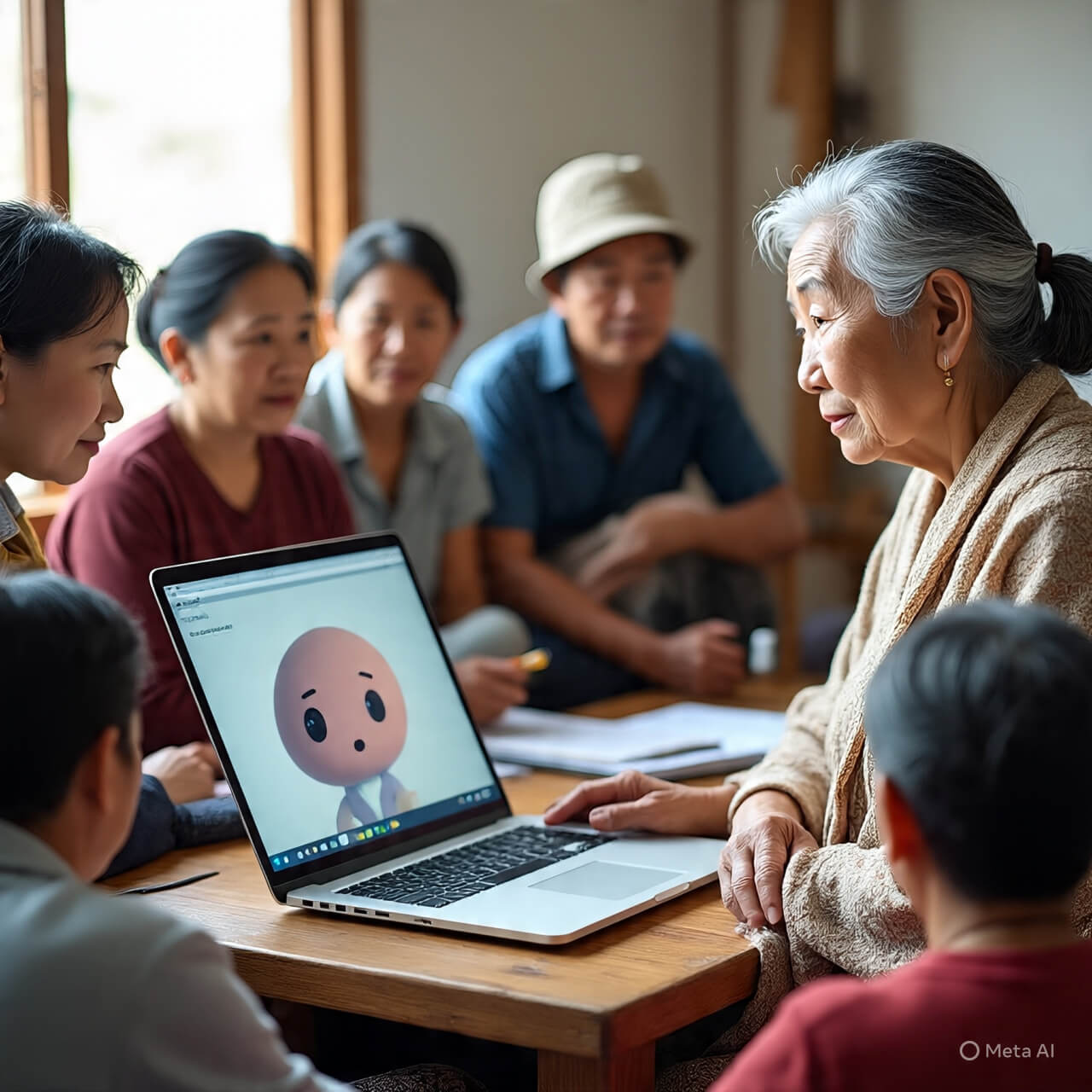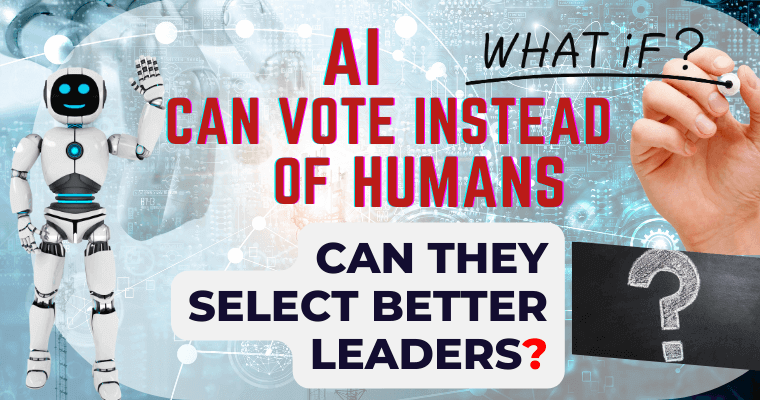Imagine every learner—from a student in a coastal village to one in a bustling city school—having a personal, AI-powered tutor who speaks their language, adapts to their pace, and brings lessons to life on demand. No more one-size-fits-all lectures or dusty textbooks. Instead, each lesson is tailored in real time, guiding every student toward mastery.
1. Personalized Learning for Everyone
AI tutors can analyze each student’s strengths and challenges. If Ana struggles with fractions, the system breaks problems into simple, visual steps. If Marco excels in reading, it offers more advanced stories and prompts. This kind of one-on-one coaching, once reserved for private schools, becomes accessible to every classroom.
2. Dialect-Aware Teaching
Not everyone learns best in the national language. AI models fine-tuned on regional dialects can explain science in a student’s mother tongue and weave in local stories. This doesn’t just boost understanding—it celebrates linguistic diversity and affirms each learner’s identity.
3. Offline Access with Copilot Libraries
Many schools still face unreliable internet. Drawing on the Offline Copilot Virtual Library, solar-powered servers preloaded with AI tutors and e-books can run entirely offline. Students and teachers tap into a local network to access interactive lessons on math, literacy, and life skills—even when connectivity fails.
4. Government-Backed AI in Education
A national AI education initiative is piloting lesson-planning tools aligned with core curriculum standards. By standardizing quality and sharing best practices, this program aims to equip every school with certified AI tutor modules—ensuring consistent, high-quality support for all students.
5. Bridging the Digital Divide
Surveys show many students already turn to AI tools for homework help. Integrating AI tutors into schools transforms a solitary habit into a shared resource: devices, teacher training, and solar routers ensure no learner is left without support.
6. Ethical & Community-Led Design
AI must respect local values and privacy. Educators and community leaders co-design tutor models to reflect cultural norms—whether that means using familiar folk tales in reading exercises or ensuring examples honor all identities. With transparent data practices and local oversight, AI becomes a tool for empowerment, not surveillance.
🐾 Final Thought
If AI taught in every classroom, learning would break free from schedules, locations, and language barriers. It would be as diverse and dynamic as the Filipino spirit—adaptive, resourceful, and deeply rooted in community. With thoughtful design and offline solutions like the Copilot library, this “what if” can become “what’s next.”
Source
- AIWhyLive – “Offline Copilot Virtual Library PH”







